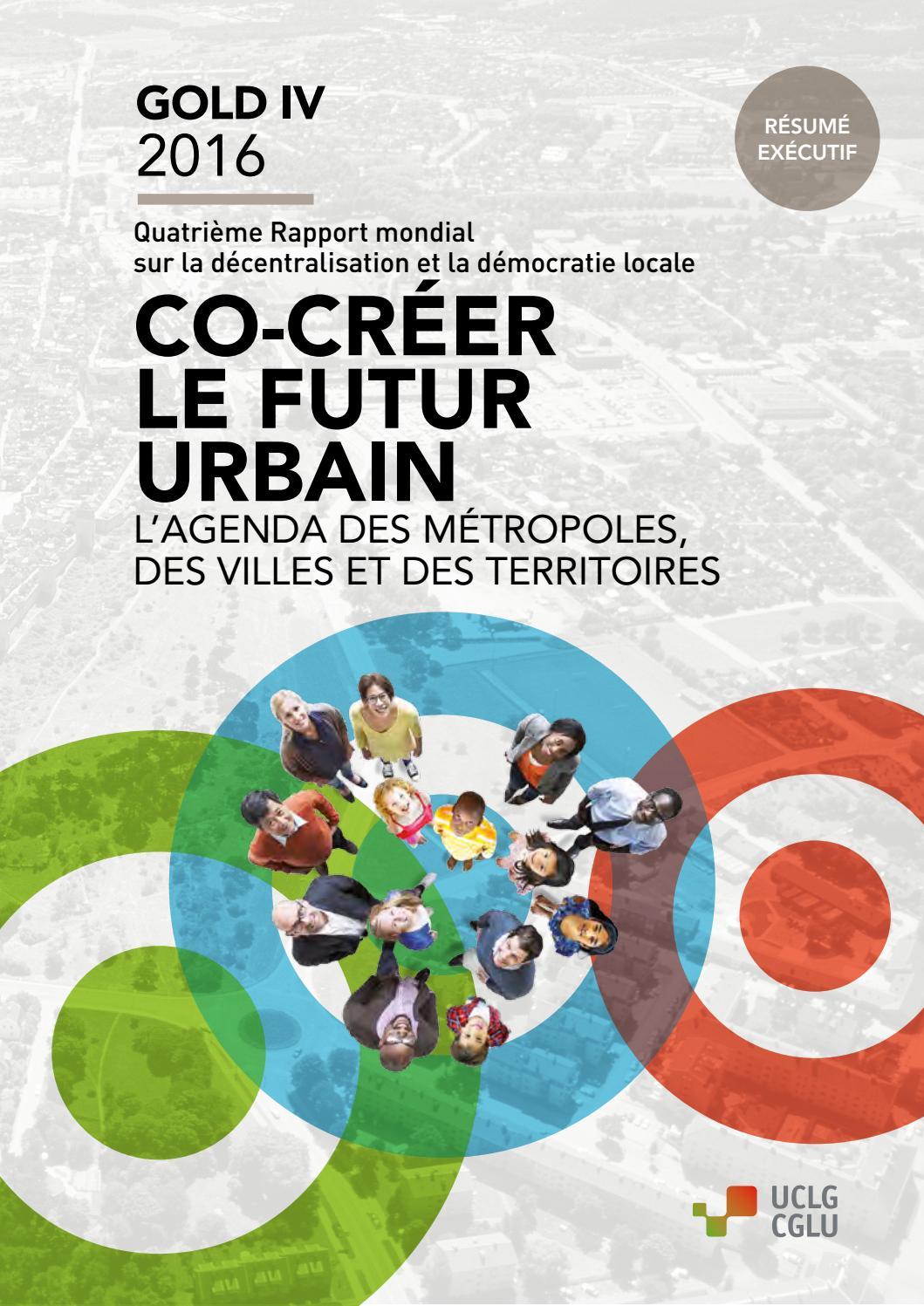Report on the "development model": fundamental questions set aside, consolidation of the centrality of the real executive, persistence of non-repairing!
By Azeddine Akesbi
Professor and economist
Part 1
The diagnosis made by the commission responsible for examining and proposing a "new model" of development remains incomplete, partly dogmatic and ideological.For the most part, he does not offer an explanation of the very weak choices and results of the state carried out by the State for several decades.Among the crucial dimensions of the diagnosis that have been treated in an incidental or technical manner, is the annuity economy, while it occupies a central place and is likely to explain why we find ourselves with an economy, little creative of wealthAnd not distributive, which can be considered as a major source of development blocking.
Two scriptures in the same report: technicalism and dogmatism!
The mission entrusted to the Commission was not limited to the analysis of an isolated economic problem or an isolated economic project, it is a question of the formulation of a "development model", a social project with its implicationsinstitutional, political and economic.The posture to consider that the constitution is outside the field of analysis and its discussion - a taboo - is fundamentally affected by the diagnosis, analysis and recommendations made.A non -scientific approach that marries "tawabits and red lines".It certainly does not express a manifestation of "audacity and franchise" required to serve the common interests of all Moroccans.
Diagnostic
• Growth and employment
The report confirms that the rate of growth in Morocco increased from 4.8%, on an annual average, over the period 2000-2009 to 3.5% over the period 2010-2019 (2.8% between 2018 and 2019). These data show that Morocco experienced a growth rate of around 3.5% over a very long period (18 years); that this rate is fluctuating and that it fell between 2018 and 2019. And it dramaticly regressed with the management of the pandemic (-7% in 2020). This means that we find ourselves on a modest trajectory to negative of wealth creation and concomitantly with a limited capacity in terms of job creation. The report specifies this structural data by advancing that the creations of net jobs have evolved from nearly 144,000 positions to 69,000 positions on an annual average respectively for periods 2000-2009 and 2010-2019. This observation does not interfere with the Commission to consider an increase in the rate of female activity (project project) from 22% to 43%. Even leaving aside the discussion of this objective, which remains very desirable but unlikely, it was important to discuss the implications of this objective on the labor market and job creation needs. The beginning of the desired development in the coming years risks being particularly difficult and complicated due to an underestimation of the degradation of the situation of the post-Cavid-19 economy and the huge needs required in terms of of funding, while the country is already in a situation of over -indebtedness. The dynamics that will be started - according to the report - is supposed to allow rapidly "the transition to a new annual GDP growth level which can be 6% on average from 2025 and 7% from 2030" (p . 154).
• Citizens' expectations and aspirations
Citizens consulted mostly expressed priority expectations in the sense of access to education and health and quality public services in general. They also expressed the wish to benefit from economic opportunities and employment. Among the solutions proposed to make decisive progress, the development of digitalization has been considered essential. While recalling that this orientation has already been initiated and envisaged (before and in the finance law 2020-21), digitalization cannot be a magic solution, nor a reform limited to technical aspects. Transparency, access to information, liable for civil society and certain economic actors encounter strong resistance of institutional and political nature. This will not be exceeded by the implementation of IT platforms and applications. Significant progress in the reported areas are prerequisites for successful digitalization.
The digital divide also risks being at the origin of socioeconomic inequalities for a large part of the population (11 to 12 million illiterate, a figure which is certainly greater for digital illiteracy). In addition, the expectations of citizens in terms of respect for individual, collective, economic and political freedoms are probably at the top of the hierarchy of their priorities and needs. Their absence hinders human and economic development at the global level. What should we expect from the state, when an economic or political player is not in accordance with the official line? What is his attitude against the journalist who exercises his profession correctly, that is to say freely. Many of them be abused by the media under orders, pursued by "security" and justice in the absence of respect for the rights and basic rules of law? How to ensure economic development when the choice is made to superinvest in the security and mobilize armadas of police officers and agents of authority to prevent peacefully manifesting citizens? Device also used to prevent teachers or other socio -economic actors - in particular contractual teachers - to claim their rights or peacefully contest measures deemed unfair?
• Teaching and human capital

The report has confirmed what we know of the non -achieved objectives: a very high level of school abandonment with approximately 432,000 public school abandonment in 2018 without any certification, 78% of which fall under primary and college cycles (Territorial Atlas of School School , 2019). This figure is certainly increasing with the management of the education system with the pandemic. The question that arises is that we have an increasing flow of young people without real teaching and training which is added to the 4.5 million young people who are neither in school nor in training, and do not work No longer (neet). How will this chronic deficit in preparation for human capital be treated in the proposed approach to development? The teaching reform has always been - in particular since the end of the 1990s and the adoption of the Education Charter - a file in the hands of the State Highs and incidentally the affair of successive governments. Are the non-adequate implementation of the reform and the failures observed in terms of results are attributable to successive ministers? Are they attributed to the choices and type of governance adopted? Without answers to these questions, the persistence of failures is highly likely, especially since what has been proposed by the Commission report does not bring anything new: already proposed and experienced for 21 years of attempted educational reform.
Most of what is envisaged, is mortgaged by the development and enhancement of human capital (in all its dimensions including those of human freedoms and rights).However, all the indices available in this area show that we are engaged in an opposite perspective.Consultations carried out by the Commission, two facts are highlighted: the frustration of citizens and a loss of confidence in the action of the State.However, no explanation is put forward on the reasons for this situation.The report mentions a testimony deemed poignant: "There are those who have everything and those who have nothing".
In the ideological part of the report, this Morocco of those who have nothing is replaced by a harmonious, united, unified Morocco….Certain passages of the report almost forget the observation and the reasons which are at the origin of the establishment of the Commission: an economy which generates inequalities and little creative of wealth for all.Morocco would be united, unified around the institutions of the country, while noting that Moroccans have lost confidence in institutions.No explanation is advanced to the observation that they underline: 10% of the wealthiest concentrates 11 times more wealth than the poorest 10%.Certain passages speak of strong growth inequalities, but also of poverty reduction.In fact, this reduction is only visible in official statistics because the threshold that defines poverty (monetary) does not move almost (2 dollars per day and per person).
• Corruption annuity economy
The existence of the annuity is recognized in the report, but it is reduced to a problem of incentives, to a lack of regulation ..., even though the actors and experts consulted converge on the observation of an economy partly locked, Promoting the interests installed and the preservation of annuities. In fact, it is clear that the annuity economy occupies a central place in the socioeconomic and political system. It is a component of the political system, of the functioning of the State. Without this dimension, it is difficult to grasp the insurmountable obstacles, to set up effective control and regulation institutions: the most emblematic examples being the Competition Council and the Instance of Constance and the Fight against Corruption . The freezing of the Competition Council between 2013 and 2018 is cited as an example, but the most recent episode in relation to the oil rent is reduced to "internal cohesion difficulties which could test its credibility and its capacity to conduct his missions ”. In fact, the problem is more global, the deactivation or the low efficiency of governance institutions remains linked to attributions, weak laws and an appointment system that considerably reduces their independence. What would the recommendation of their dynamization be used if the political will to do it does not initially exist.
In addition to the submission of regulatory and governance institutions to the real executive, over the past decade, "formidable" resistance has been noted during the design of laws or their implementation to limit their effectiveness. In addition, we see the exercise of strong supervision which blocks governance institutions worthy of the name of fulfilling their role. Thus, to promote the independence and efficiency of these institutions remains linked to the existence of political will (or not) and the political reforms envisaged. What is surprising is that despite the evocation of the annuity economy, a decisive source of an unproductive economy, no decisive policy in the matter is proposed. In some few passages from the report, corruption is approached in the form of distortions, rigidities or is mainly associated with the informal sector. To make believe or insist on the corruption which is in this sector is an attempt to make forget the essential, the systemic corruption which structurally affects all the spheres of the State, of the sectors and which is a component of the system current policy.
The question of corruption deserves to be addressed in all the spheres of the economy and society as a component of political "regulation". Emphasizing the informal sector aims to reduce the problem and stigmatize a sector which is far from being at the top of the mechanisms that generate corruption: "The organized informal is a lawless area where the rules do not 'Do not apply and give way to interpersonal arrangements and corruption practices. He deprives employees of all social protection and poses in certain cases of serious public health problems, for lack of compliance with health standards ”. (p.37). Similarly, contrary to what the report seems to suggest, the large part of tax fraud, the sub-declaration and the precariousness of the staff are not the monopoly of the informal sector. In this sector where income is modest, the shortfall is very limited.
• Political parties and institutions
The failure of several aspects deemed essential in the development and implementation of public policies is attributed to a lack of clarity in the attributions, to non -coherent majorities and coalitions ... On several occasions, political parties and certain institutions are judged ineffective (government, parliaments, governance institutions). The responsibility for ineffectiveness has been frequently attributed to successive governments! It is a track or level of responsibility that deserves to be discussed, but the Commission could not consider that the architecture of the elections is designed in such a way so as not to authorize frank and coherent majorities to set up? The development of the development model recognizes and stresses that Parliament does not fully and correctly play its role. However, what is proposed is to provide it "with all the financial means and all the technical skills necessary to play its legislative and control and monitoring role of government action".
Unlike what is advanced, an analysis over a long period shows that the majority of political parties have been Balkanized, transformed into small shops inscribed in a clientelist logic ... thus contributing to the marginalization of institutions. In fact, the electoral systems put in place for a long time, had the major strategic objective of ensuring that parliament cannot play a significant role and that viable majorities cannot form to put in place governments able to conduct policies consistent with a mandate of their voter. The latest scenario which iconically illustrates this orientation aimed at a deactivation of the institutions, was the blockage which lasted months during the constitution of the second government of A. Benkirane. In fact, before reaching a technical consolidation stage and the means of institutions, there are other crucial stages to be crossed. During the history of Morocco, all means have been mobilized to ensure that this scenario does not occur: electoral laws tailored, fraud, money intervention, creation of political parties and pressure on 'Others… techniques have evolved, but this strategic objective remains on the agenda to the present (the last technique found being the attribution of the seats according to the registered in the electoral lists).
• The State against society: all security without securing the rights of citizens
The role of the State is supposed to be neutral by the commission- often positive-, while the history of ancient and contemporary (very recent) Morocco offers the illustration of a repressive state whose containing the often affects individual freedoms, collective, social and economic. Are we not rather faced with a state that behaves hostile with the majority of the population? In passages from the Commission report, assessments, assertions are advanced without any critical sense of the balance sheet of reforms and responsibilities. Consequently, the reader is faced with multiple findings not accompanied by the essential explanations. How can we reconcile what is presented as achievements: "The process of national reconciliation, which has made it possible to repair the collective memory" with what we record as abuse of (social and economic) rights of journalists, militants of rights Humans, Rif and Oriental populations ... How can we talk about the appeasement of the social climate since at least 2014?
The report recalls coordination and efficiency problems in terms of the functioning of justice. He goes so far as to accept that the reform of justice is unfinished. However, his instrumentation reinforced in recent years questions constitutional provisions and his submission to central political power. In terms of justice, the dysfunctions noted are reduced to a technical, functional or simply perception of citizens. However, the problem is much deeper because it concerns the independence of justice and the balance of powers. The judicial system which is dependent on the central power (in particular through appointments) is unable to set up what is claimed by the report: "the strengthening of individual and public freedoms and their protection". In addition to the problem of respecting fundamental rights not guaranteed, the question arises of orientation and the choice of permanently affecting rare resources in a priority way to "security" in the police sense of the term, without being able to ensure Citizens' security as the Commission's report recognizes! What is described as a “new” model has been applied-in its governance dimension-during the pandemic management period (2020-21).
Extremely centralized leadership (… wali, governors, etc.) has managed the pandemic unilaterally (very long containment, prolonged health device, total border closure, mobility control, etc.) with positive results in terms of control of the pandemic And health, but at a huge socioeconomic cost (recession, disastrous sectoral impacts ... The bill is not yet arrested). This management mode is qualified according to international presidential standards, without electoral mandate and above all without rebellion and liable mechanisms (MPSRR). With this model, citizens and the company (small and average and informal) have no mechanism at their disposal to sanction its results. Will the agility of the management speak of the report will be entrusted to this type of model now? This model refers to the Constitution and a certain interpretation of its implementation. The very serious limits of a decade of its implementation are evacuated. No questioning is raised on coherence between constitutional powers, their balance, their independence while the powers of the Head of State are important (army, security, religion, economy, justice, foreign affairs and horizontally by appointments…) without any fee and surrender mechanism. In a model, what are the implications for the different powers?
• Constitution and responsibility for governance
The 2011 Constitution is considered avant-garde because it consecrates "the most advanced democratic principles". However, there is a recognition that it "has not been implemented within the expected deadlines and has not been relayed by a global and integrated response in terms of economic and social development". The architecture of the Constitution, substantive problems, dysfunctions are not considered. Was it not at least necessary to envisage the hypothesis that the governance system could be a factor in blocking development? And that consequently, the conception of a development model or public policies involves clarification of constitutional powers and the introduction of accountability mechanisms at the level of major decisions that engage the country. This dogmatic attitude involves the risk that failure can be repeated indefinitely without corrective means.
In fact, the members of the development model commission seem to have clearly favored the continuation and consolidation of the executive monarchy.As an indication, about the slowness invoked in the implementation of certain constitutional provisions, there are at least two attitudes: express adoption of the law of the definition of entities and companies considered strategic and the appointment system which allows the chiefof the State to control most of the economic power.This is not the case with many essential aspects for the balance of constitutional powers.In the orientation part, the report suggests that the State is continuing or becoming a strategic state, mobilizing and protective.What are the chances and conditions so that the Moroccan State can properly ensure these functions?








